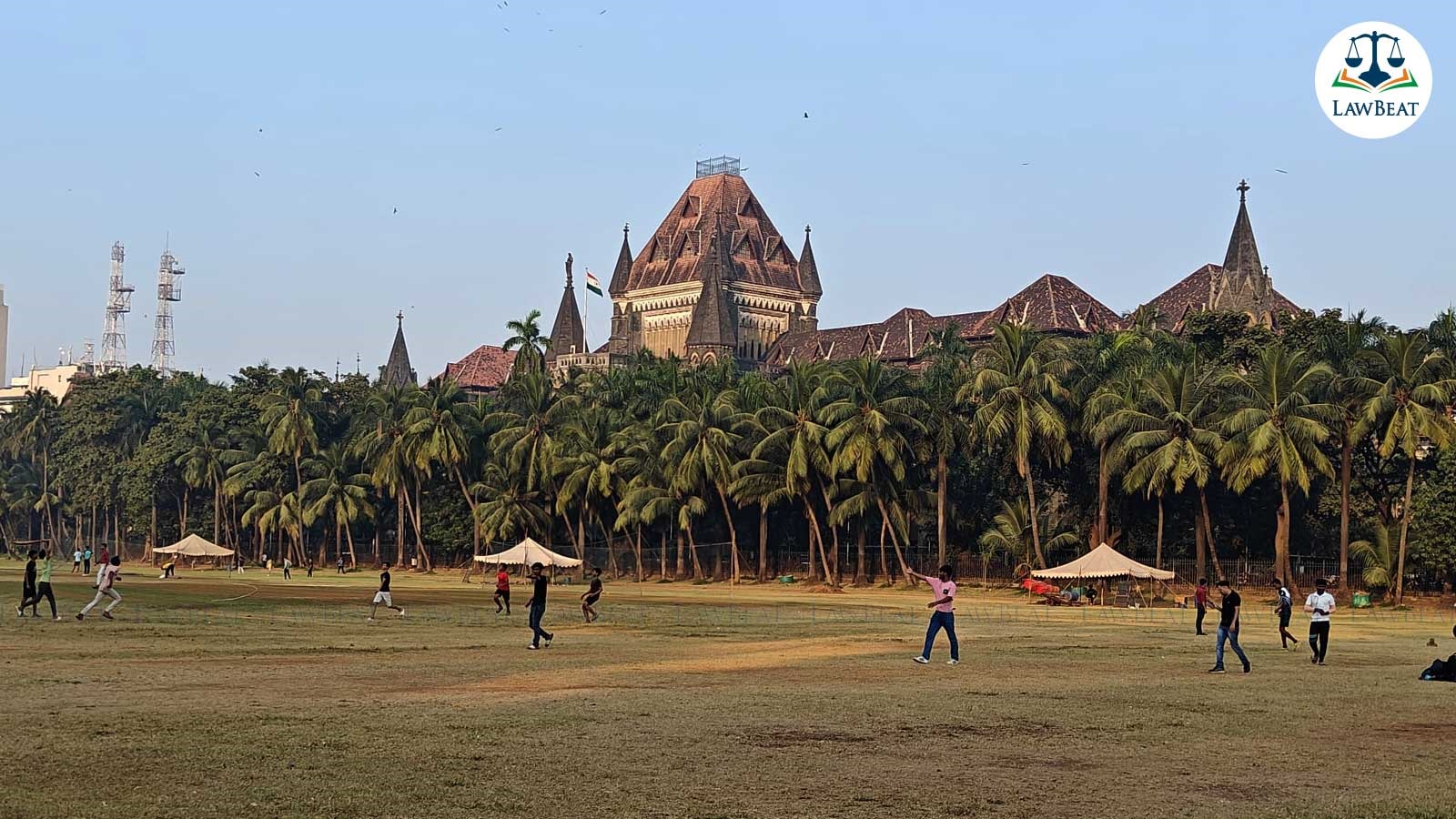Making Section 498A Compoundable Not In The Interest of Women: Central Government Reiterates Before Bombay High Court

The bench sought the response of the state government regarding the steps taken in light of the letters from the central government and requested information on the proposed steps to be taken by the State Government in forwarding the fresh Bill with additional data
The Central Government, represented by the Ministry of Women and Child Development, has reiterated in an affidavit before the Bombay High Court that making Section 498A (Cruelty Against Wife) of the IPC compoundable would not be in the interest of women.
The affidavit was submitted by Richa Sharma, Under Secretary in the Ministry of Women and Child Development, Government of India, before the division bench of Justice Anuja Prabhudesai and Justice NR Borkar.
“..this Ministry is of the view that there is a need to adopt a consistent approach towards crimes committed against women. Uptil now, it has been the policy of Government of India to take deterrent measures regarding crime committed against women and children. Accordingly, as a nodal Ministry for welfare and development of women, this Ministry reiterates that making Section 498A IPC compoundable will not be in the interest of women” the affidavit states.
The affidavit was filed by the Central Government in a case where the high court had quashed 498A cases following a settlement between the wife and her husband, mother-in-law, and sister-in-law.
However, the high court had asked the State Government to consider making Section 498A compoundable.
Subsequent to this, the State Government passed a bill in both houses, making Section 498A compoundable, after which it was sent to the President for his assent.
The President then sent the bill to the Ministry of Women and Child Development, Union of India, for its comments. However, there were certain clarifications sought by the Ministry from the State Government.
Additional Solicitor General Devang Vyas informed the high court that the central government wrote on January 19, 2024, apprising the Government of Maharashtra that the requisite response of the State Government, relating to the amendment of the Code of Criminal Procedure, is still awaited.
Vyas pointed out that the letter dated December 12, 2022, sent by the Central Government to the State Government stated that the State Government may revisit the bill and consider withdrawing it from this Ministry.
The letter further stated that a fresh Bill on the subject may be sent to this Ministry after removing the anomaly pointed out by the Ministry of Women & Child Development.
However, there was no response from the state government to the aforesaid letter of the union.
The high court, in its order, noted that though the Union does not refer to the letters in the affidavit, it only reiterates the earlier position, leading to a juxtaposition
“The affidavit of the Under Secretary does not refer to the aforestated letters and does not spell out that the Bill could not be processed for want of data from the State Government. On the contrary, gives an indication that the Ministry was not in favour of making Section 498 A compoundable, being not in the interest of women. The affidavit lead in juxtaposition with the aforestated correspondence, gives a misleading picture,” the order reads.
However, the bench stated that in light of the instructions received by the ASG, the State Government shall take steps to submit a fresh bill on the subject, incorporating additional data and addressing the anomaly pointed out by the Ministry of Women and Child Development.
The bench sought the response of the state government regarding the steps taken in light of the letters from the central government and also sought information on the proposed steps to be taken by the State Government in forwarding the fresh bill with additional data.
Case title: Sandip Sarjerao Sule & Ors vs State of Maharashtra & Anr
